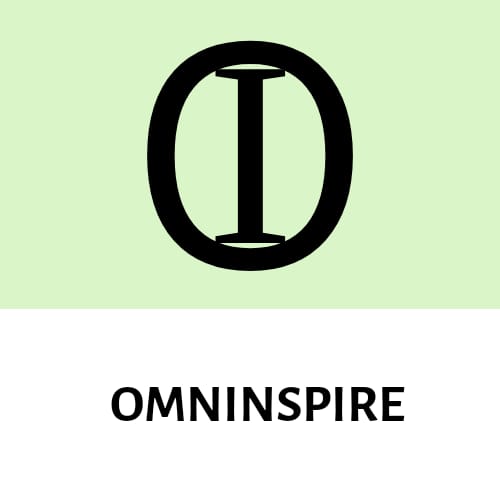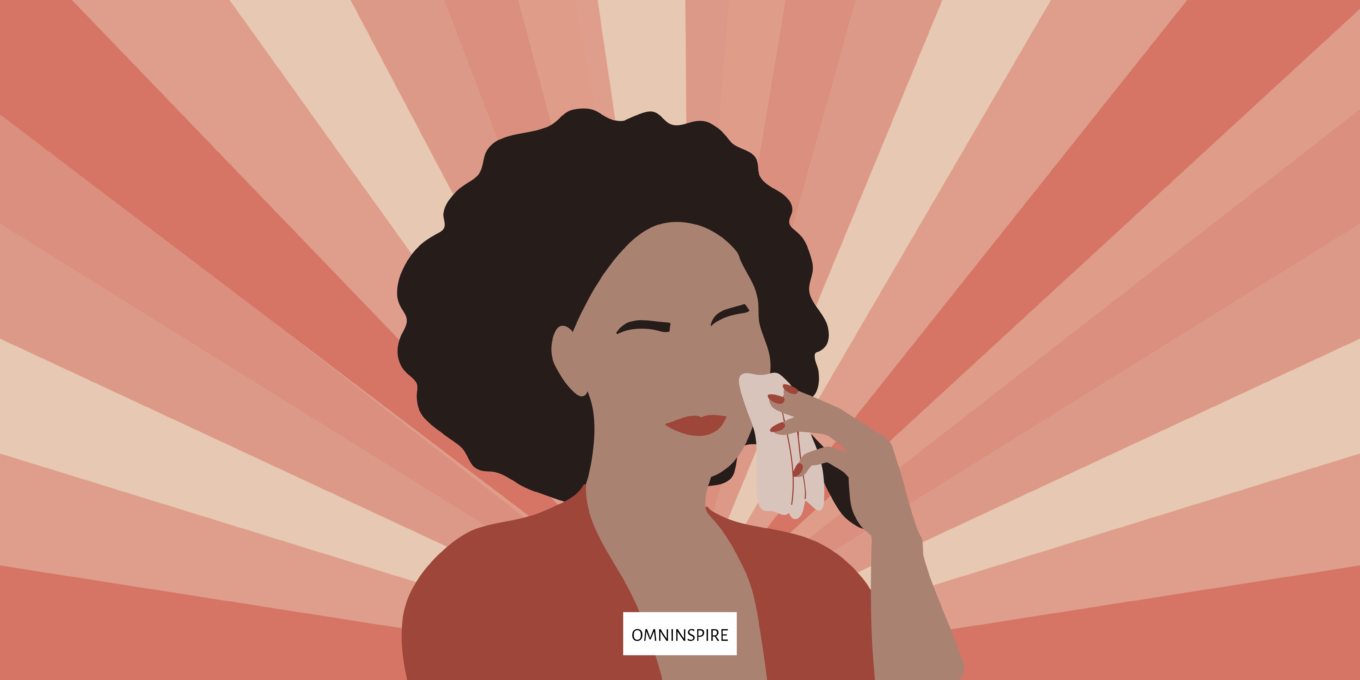Picture Credit : OMNINSPIRE
With global skincare market estimated to grow to $145.82 billion in 2028 from $100.13 billion in 2021 it is clear how rapidly the sector is growing. All that money is pumped into the market by people like us. So shouldn’t we wise up on how well to invest our money? Yes, Skin care is indeed an investment if you start your skincare journey early on and follow it religiously.
Healthy skin is a reflection of overall wellness.
Dr Murad
Figuring out a routine that best fits your needs and skin condition with your dermatoligist is higly recommended and nothing beats that. But if you are someone who is more of a skincare entusiast who likes trying new products and love following skincare trends and dermatologists on Youtube( Top-Five Dermatologists On Youtube ), You must know few basic skincare technical terms. This knowledge will help you in choosing products that best suits your skin type.
To Get the best value out of the product and money you spent, keep these 12 skincare terms in mind for your next purchase;
1. NAFE Safe
Products that do not contain denatured Alcohol, Fragrances of any kind and Essential oils can be called as NAFE Safe. All these added chemicals sensitise the skin further. So choosing products that are NAFE safe would be a great choice for people with acne-prone, sensitive skin. And as for skin of color the effects of alcohol, fragrances and essential oils are going to be worse. unlike people with fairer skin tones whose skin burn and eventually peel off, People with skin of color tends to pigment further. Regardless of your skin tone and concern choosing NAFE safe products would always be a wise choice.
2. Broad-spectrum
Broad spectrum in skincare refers to products that protect the skin from both UVA and UVB rays, which are responsible for causing sun damage, premature aging, and skin cancer. These products contain a combination of physical and chemical UV filters and provide broad-spectrum protection against the sun’s harmful rays. Forget senseless things you have heard, like “People with darker skin tones don’t need sunscreen !”. Using a sunscreen is a must for everyone regardless of age, gender and skin type or color.period.
3. pH Level
PH level in skincare refers to the measurement of how acidic or alkaline a product is. The skin has a natural pH level of around 5.5, which is slightly acidic. Skincare products with a similar pH level can help to maintain the skin’s natural barrier function and prevent over-drying or irritation. Different skincare products have different pH levels, so it’s important to choose products that are appropriate for your skin type and needs
4. Non-Comedogenic
This is a must know term for anyone with acne prone skin or for anyone who feels their skin can feel congested. Comedones are small bumps that form on the skin when pores become clogged with oil, dead skin cells, and other debris. Non-comedogenic products are designed to be lighter in texture and not contain ingredients that can contribute to clogged pores, making them less likely to cause breakouts.
5. Alcohol
Ethyl Alcohol is used in many products for its non greasy and quick drying properties. Many gel based creams and toners use ethyl alcohol to avoid any sticky feeling and dissolve oil. It is mostly used in skin care products for oily skin type. Though all this sounds good most people are sensitive to alcohol in skin care products. Especially people with skin of color are effected the most.
6. Antioxidants
Antioxidants in skincare are substances that protect the skin from harmful molecules called free radicals. Free radicals are produced by environmental stressors like pollution and UV radiation and can cause damage to the skin’s cells, leading to premature aging and other skin problems. Antioxidants work by neutralizing free radicals and preventing them from causing further damage. Skincare products that contain antioxidants can help improve the appearance of the skin and protect it from future damage.
7. Collagen
Collagen is a protein that is naturally present in our skin and helps to maintain its structure and elasticity. However, as we age, the production of collagen decreases, which can lead to wrinkles, fine lines, and other signs of aging. To address this, skincare products with added collagen are used to help boost the skin’s natural collagen levels, resulting in a firmer, more youthful-looking complexion. While some products contain collagen itself, others use ingredients that can stimulate collagen production, such as retinoids, peptides, and vitamin C.
8. Humectants
Humectants are a group of ingredients commonly used in skincare products that help to attract and retain moisture in the skin. They work by drawing water molecules from the environment and deeper layers of the skin to the surface layers, where they can be absorbed and locked in. This helps to improve the skin’s hydration levels, restore suppleness, and soften rough, dry patches. Common humectants used in skincare include hyaluronic acid, glycerin, and urea, which can be found in a variety of products such as moisturizers, serums, and face masks.
9. Exfoliators
Exfoliators are skincare products that help to remove dead skin cells from the surface of the skin, revealing a smoother and brighter complexion. They can be physical, containing particles like sugar or jojoba beads, or chemical, containing ingredients like alpha-hydroxy acids or enzymes that dissolve dead skin cells. Using Physical exfoliators can cause damage to sensitive skin and sensitise people who have more melanin in their skin. One of the great ways to exfoliate and at the same time drain your lymphatic system using dry brushing.(Benefits Of Dry Body Brushing)
10. Lyophilized
Lyophilized refers to a process where a substance is freeze-dried to remove moisture and increase its stability. In skincare, lyophilized ingredients may be used in powder or serum form and can help to preserve the potency and effectiveness of active ingredients like antioxidants or peptides.
11. Tyrosinase Inhibitors
Tyrosinase inhibitors are a type of skincare ingredient that work by blocking the production of melanin, the pigment responsible for skin color. They are commonly used in products designed to treat hyperpigmentation, dark spots, and uneven skin tone. These inhibitors work by targeting the enzyme tyrosinase, which is responsible for the production of melanin.
12. Glutathione
Glutathione is an antioxidant that is naturally present in the body and is involved in many cellular processes. In skincare, it is often used as a topical ingredient to help brighten and even out skin tone, as well as protect against environmental stressors like pollution and UV radiation. Glutathione can help to neutralize free radicals and reduce oxidative stress, which can contribute to premature aging and other skin concerns. It may also have a role in regulating melanin production, making it a useful ingredient in products targeting hyperpigmentation. But, be cautious while using glutathione as an oral supplement as there aren’t enough studies on long term effects of glutathione on our bodies. Also topical application of glutathione may not be effective as its molecular size is too large of penetrating into the skin.
“Beauty Lies in the eyes of beholder” – True.
“Inner beauty is more important than outer beauty” – True.
“Attraction towards outer beauty fades, but it stays strong for inner beauty” – True.
YES, All these statements are undoubtedly TRUE. But none of us can deny how powerful first impressions are…
So, Without any pressure or insecurities, just take care of your outer beauty too!
Statistics from fortunebusinessinsights.com




